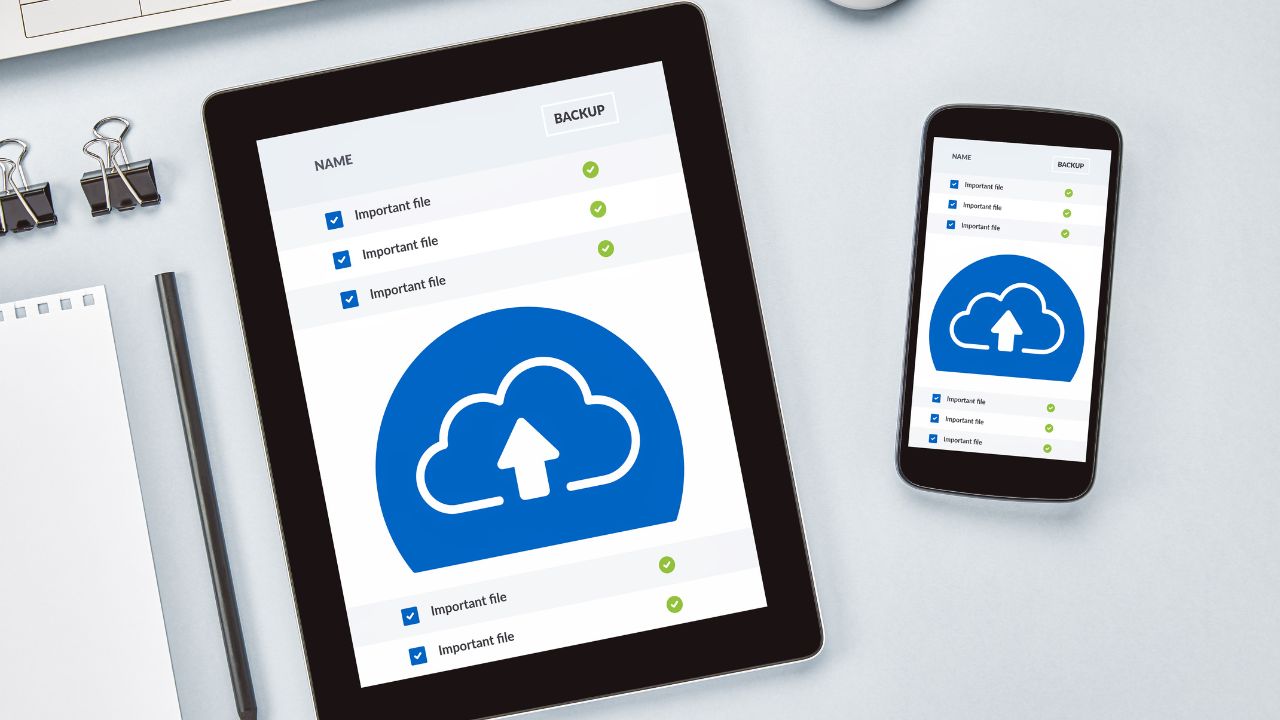Not long ago, storing digital files meant keeping them on bulky hard drives, CDs, or USB sticks. Losing one device often meant losing precious memories, important documents, or work projects. Today, cloud storage has transformed how we handle data. With a few clicks, we can back up files online, access them from multiple devices, and share them instantly with others across the globe.
Cloud storage is no longer a luxury; it’s a necessity. Whether you are a student managing assignments, a professional storing sensitive business documents, or a family keeping years of photos safe, the cloud offers convenience, flexibility, and security. But with so many providers, Google Drive, Dropbox, iCloud, OneDrive, and newer competitors, it can be difficult to know which one is right for you.
Let’s understand how cloud storage works, its benefits, its risks, and how to choose the service that best fits your needs in 2025.
What is Cloud Storage?
Cloud storage is a service that allows you to save data on remote servers, accessible via the internet. Instead of being tied to one device, your files are stored in secure data centres managed by providers like Google, Microsoft, or Apple.
How It Works
- Upload: Files are sent from your device to the provider’s server.
- Storage: Data is kept on multiple servers for backup and redundancy.
- Access: You can retrieve, edit, and share files from any device connected to the internet.
Cloud storage operates on subscription models; some offer free space with premium options for more capacity and features.
Benefits of Cloud Storage
Accessibility Anywhere
Your files are no longer tied to a single laptop or phone. You can access them on any device, whether at home, work, or travelling.
Easy Collaboration
Teams can work on documents simultaneously, with real-time updates and version histories. Tools like Google Workspace and Microsoft Office 365 rely heavily on cloud storage for seamless teamwork.
Backup and Security
Accidents happen, devices get lost, stolen, or damaged. Cloud storage ensures data remains safe with automatic backups and advanced security protocols.
Scalability
Cloud services grow with your needs. You can start with free plans and upgrade for additional space as your data expands.
Cost Efficiency
Compared to purchasing multiple physical drives, cloud storage offers affordable, scalable options that reduce hardware costs.
Potential Risks of Cloud Storage
Privacy Concerns
Your data is stored on third-party servers. If not properly encrypted, providers may access it, or hackers could target it.
Dependence on the Internet
Cloud access requires a stable internet connection. Without it, retrieving or editing files may be limited.
Subscription Costs
While free plans exist, higher storage tiers require monthly or yearly payments that can add up over time.
Security Breaches
Although providers invest heavily in protection, no system is immune. High-profile breaches remind us that sensitive data always carries some risk online.
Popular Cloud Storage Services in 2025
1. Google Drive
- Strengths: Generous free storage (15GB), seamless integration with Gmail, Google Docs, and Android devices.
- Weaknesses: Shared storage across Gmail and Google Photos can fill quickly. Privacy concerns due to Google’s advertising model.
2. Dropbox
- Strengths: Strong file-syncing capabilities, user-friendly design, excellent for collaboration.
- Weaknesses: Limited free plan (2GB), premium plans are more expensive than rivals.
3. Apple iCloud
- Strengths: Perfect for Apple users, integrates with iPhones, iPads, and Macs. Affordable family sharing plans.
- Weaknesses: Less intuitive for non-Apple devices.
4. Microsoft OneDrive
- Strengths: Bundled with Office 365, ideal for professionals using Word, Excel, and Outlook. Strong business collaboration features.
- Weaknesses: Free storage is limited to 5GB.
5. Mega
- Strengths: Focus on privacy with end-to-end encryption. Offers 20GB of free space.
- Weaknesses: Less mainstream, occasional syncing performance issues.
6. pCloud
- Strengths: Offers lifetime payment options, strong privacy features, and media streaming tools.
- Weaknesses: Fewer productivity app integrations.
Choosing the Right Cloud Storage for You
For Students
- Google Drive: Free, collaborative, easy to use for group projects.
For Families
- Apple iCloud: Affordable family sharing plans for photos, calendars, and backups.
For Businesses
- Microsoft OneDrive: Works seamlessly with Office apps, secure business sharing.
- Dropbox Business: Great for collaboration and project management.
For Privacy-Conscious Users
- Mega or pCloud: Focus on encryption and security.
For Media Enthusiasts
- Google Photos (within Google Drive) or pCloud with streaming options.
Practical Tips for Safe Cloud Use
- Enable Two-Factor Authentication: Adds a second layer of protection to accounts.
- Encrypt Sensitive Files: Use tools like VeraCrypt before uploading.
- Avoid Public Wi-Fi for Uploads: Use secure connections when handling sensitive data.
- Regularly Review Shared Links: Old links may give unintended access—disable them when no longer needed.
- Back Up Critical Files Elsewhere: Keep an offline copy for emergencies.
The Future of Cloud Storage
In the coming years, cloud storage will evolve further:
- AI Integration: Smarter file organisation and search capabilities.
- Zero-Knowledge Encryption: Providers are unable to access user data.
- Edge Computing: Faster access and lower latency by bringing storage closer to users.
- Environmental Considerations: Data centres shifting towards renewable energy.
Cloud storage will continue to grow as the backbone of digital life, offering convenience but demanding careful attention to privacy and security.
Frequently Asked Questions
Q: Is cloud storage safe for sensitive documents?
Yes, if encrypted and protected with strong passwords. Choose providers with strong security policies.
Q: Can I use multiple services at once?
Absolutely. Many people use a mix: Google Drive for collaboration, iCloud for backups, and Dropbox for work projects.
Q: Does deleting a file from the cloud remove it permanently?
Not always, most providers keep files in “trash” for 30 days. Sensitive files should be permanently deleted.
Q: What if my provider shuts down?
Always keep a backup copy on local storage or another cloud provider.
Cloud storage has transformed the way we manage data, offering unprecedented convenience, security, and collaboration. But choosing the right provider depends on your specific needs, whether you’re a student, a business, a creative professional, or simply someone wanting to keep family memories safe.
By understanding both the benefits and the risks, and by adopting safe practices like strong passwords and encryption, you can enjoy the power of the cloud without compromising your privacy. In a world where data is more valuable than gold, how we store and protect it is a decision that shapes not just convenience, but security and trust.








Leave a Comment